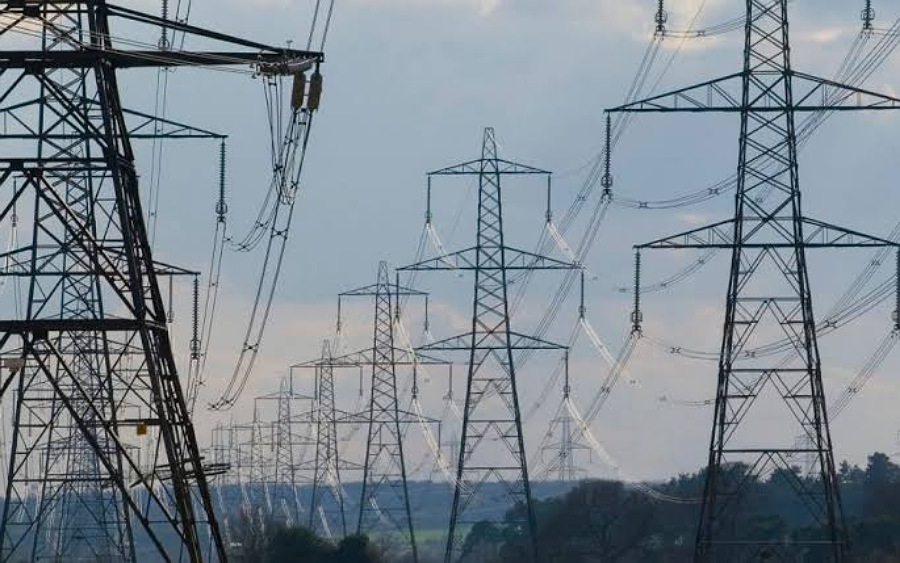Article summary
- Nigeria’s newly signed Electricity Act focuses on the structure of the country’s electricity sector.
- The 2023 Electricity Act provides a framework to guide the post-privatization phase of the Nigerian Electricity Supply Industry (NESI) as well as encourage private sector investments in the sector.
- The Act encourages market competition, stability, and implementation of strict governance structures and can be considered an all-in-one stop shop for all electricity-related regulations in Nigeria.
President Bola Ahmed Tinubu recently signed the Electricity Act into law. The Act, which was first passed in July 2022, was made to replace the Electric Power Sector Reform Act (EPSRA), which was signed into law by former President Olusegun Obasanjo in 2005.
The 2023 Electricity Act provides a framework to guide the post-privatization phase of the Nigerian Electricity Supply Industry (NESI) as well as encourage private sector investments in the sector.
It became important to draft the 2023 Electricity Act because the former extant law guiding Nigeria’s electricity sector was the Electric Power Sector Reform Act (EPSRA) which was no longer capable of tackling the post-privatization issues in the sector.
The EPSRA created a single electricity market with one sole regulator, meanwhile, electricity has always been a concurrent legislative matter. So, there had to be a total repeal, which has now occurred.
Here are some important insights about the Electricity Act:
Aligns electricity laws to the constitution
The Electricity Act aligns the extant electricity laws to the provisions of the constitution, which was recently amended by former President Buhari in March 2023, a provision that states can now generate, transmit and distribute electricity in the areas covered by the national grid.
The Act makes electricity matters a fully concurrent matter that both states and federal governments can legislate.
Unifies all Acts into one
The Electricity Act puts the various electricity Acts/laws into one single Act. So, establishment Acts like the Nigerian Electricity Management Services Agency Act of 2015, and the Hydroelectric Power Producing Areas Development Commission (HYPPADEC) Act of 2010 are now contained in the 2023 Electricity Act.
Tackles post-privatization issues
The Electricity Act speaks to post-privatization issues in Nigeria’s electricity sector. It will strengthen the regulatory structure in the sector. It will also address issues of bankruptcy within the distribution companies (DisCos).
Provides structure for a national electricity policy
One of the objectives of the Electricity Act is to provide a clear, legal, and institutional framework for the formulation and adoption of a National Integrated Electricity Policy and Implementation Plan. The plan will be updated every five years.
The committee responsible will take into account the policies at the national and state levels to come up with a single document. The existing national electricity policy was done in 2001, and we have yet to update that document.
Encourages various types of power generation
The Electricity Act promotes embedded power generation, hybridized generation, co-generation and the generation of electricity from renewable sources such as solar energy, wind, small hydropower, biomass and other renewable sources.
Empowers renewable energy
Under the Electricity Act, NERC will review the National Content Development Regulations for the power sector to address local content requirements for local skills acquisition, local production and assembly of solar PV components, deep cycle batteries, electro-mechanical components of Small Hydropower (SHP) technology, wind power, boilers and turbines for co-generation of fewer than 30 megawatts.
NERC must also ensure stable and long-term favourable pricing mechanisms for renewable energy and facilitate unhindered access to the national grid and distribution network.
Promotes collaboration
The Electricity Act also creates a power council, to enable better coordination in the sector. It is important to note that one of the biggest challenges facing the Nigerian Electricity Supply Industry (NESI), is coordination.
All market players have been lacking in true collaboration and cooperation. Going forward, a power council will tackle any issues that may arise and solve these issues as they come up.
Fair tariffs
Under the Electricity Act, power transmission, distribution, supply and system operation, electricity distribution franchising or other activities are subject to tariff regulation. NERC will determine the tariff prices; however, they must allow the licensee that operates efficiently to recover the full costs of the business activities, including a reasonable return on the capital invested in the business.
Encourages market competition
According to the Electricity Act, NERC shall have a continuing responsibility to monitor the NESI regarding its potential for additional competition. It must ensure the prevention or mitigation of abuses of market power which includes market concentration.
If there is verified abuse of market power, the Commission is required to issue cease orders and levy fines as appropriate.
Power consumer assistance fund
The Electricity Act established the power consumer assistance fund, which will be used to subsidize underprivileged power consumers as specified by the Minister in consultation with NERC.
The fund will consist of the contributions delivered from any subsidies received from the Federal Government of Nigeria as appropriated by the National Assembly as well as contributions from the Commission.

















